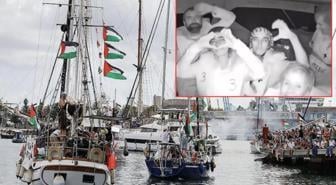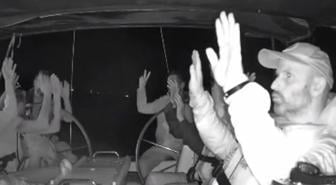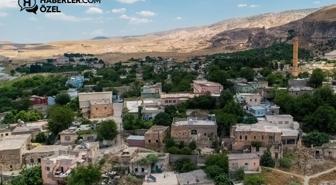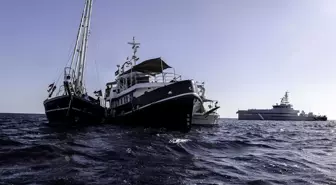Ancient Tombs Covered And The Area Opened To Traffic İn Bodrum
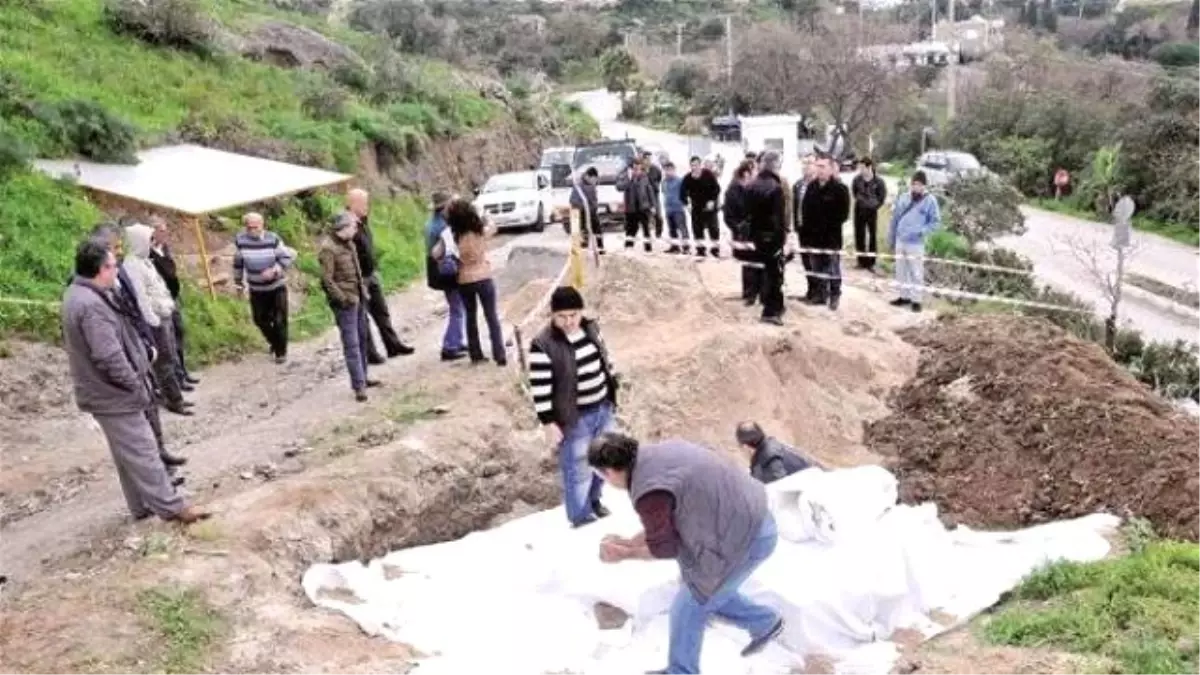
Three 2,500-year-old tombs from the Hellenistic period that were unearthed five years ago in Bodrum have been covered over again and the area has been opened to traffic, despite the Bodrum Municipality's project to protect the tombs. Özay Kartal, an adviser to Bodrum Mayor Mehmet Kocadon, has harshly criticized the situation in a statement, saying it represents "ISIL mentality in Bodrum.
Three 2,500-year-old tombs from the Hellenistic period that were unearthed five years ago in Bodrum have been covered over again and the area has been opened to traffic, despite the Bodrum Municipality's project to protect the tombs.
Özay Kartal, an adviser to Bodrum Mayor Mehmet Kocadon, has harshly criticized the situation in a statement, saying it represents "ISIL mentality in Bodrum."
The tombs were discovered in the necropolis area of the ancient city of Myndos during excavations carried out amid the Bodrum peninsula drinking water project.
In accordance with Turkey's code on the protection of cultural and natural properties, salvage excavations should have been carried out after the discovery. However, officials failed to observe this duty as the tombs were located near the main road connecting local towns Turgutreis, Gümüşlük, and Yalıkavak.
A new main road had been proposed to the Gümüşlük Municipality for the Turgutreis-Gümüşlük-Yalıkavak line. When the construction was finished two years ago, salvage excavations were carried out under the direction of the Bodrum Underwater Archaeology Museum under the consultation of the Myndos excavations head, Mustafa Şahin. Ceramic cups, jewelry and skeletons were unearthed and formally put under protection.
The road was closed to traffic because of the discovery of the tombs and traffic was diverted. However, after of the reactions of the shopkeepers in the area from where the road was diverted, the Gümüşlük Municipality applied to the Bodrum Underwater Archaeology Museum and the General Directorate of Cultural and Natural Heritage to reopen the first road where the tombs were found.
The directorate gave permission to reopen the first road, stating in March 2013 that it was "appropriate to cover the tombs and pave over them with asphalt."
After two years, the road was reopened to traffic and the historic tombs remained underground.
The move prompted a harsh reaction, and Kartal, the adviser to the Bodrum mayor, sought to distance the Bodrum Municipality from the decision.
"In order to rescue the ancient tombs, a project was drawn up with the collaboration of the head of Mundos excavations. All expenses were to be covered by the Bodrum Municipality. However, the Bodrum Underwater Archaeology Museum then ordered the tombs to be closed. The museum, the ruling Justice and Development Party [AKP] District Organization and wealthy local people laid hands on it together to get the approval of the Culture and Tourism Ministry. They then buried the tombs and reopened the road to traffic," Kartal said.
"Both the unfortunate shopkeepers have the right to demand a solution and the head of excavations has the right to preserve archaeological values. It was the mission of the Bodrum Underwater Archaeology Museum to find a civilized solution for the road to make everyone happy within the limits of the law. But instead it got approval, primitively buried the tombs, and reopened the road with a ceremony," he added.
Kartal also noted that the Bodrum Underwater Archaeology Museum Director Emel Özkan was suing him for defamation after he criticized what he called an "ISIL mentality."
"Our goal is not to create a dispute but to stop Özkan, who has damaged history from the day she took office," he said.
Özkan declined requests to comment on the controversy.
(PHOTO) - Istanbul

